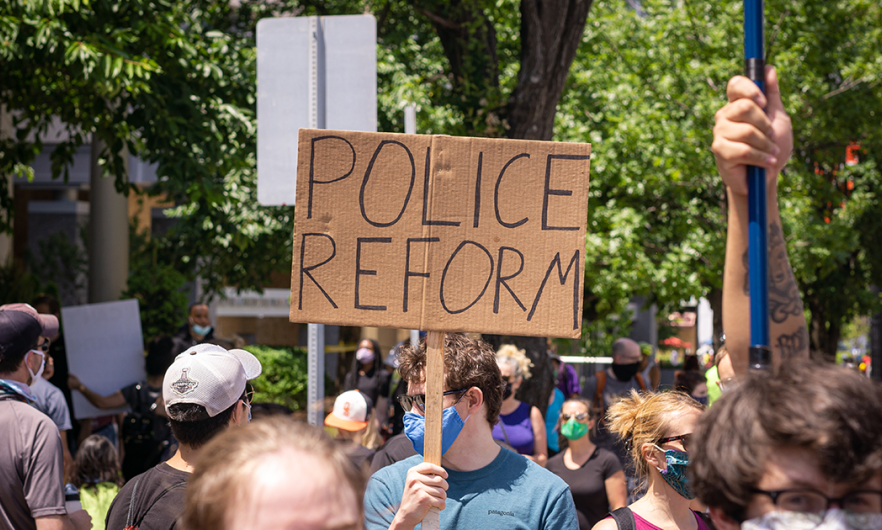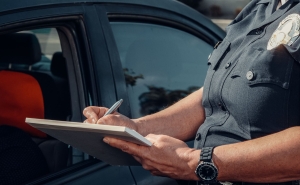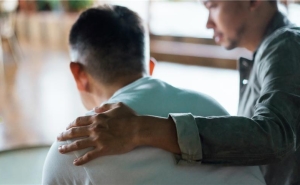A New National Survey Finds Broad Public Support for Police Reform Proposals and Gun Violence Prevention in U.S.
Support was highest among Black Americans compared to white Americans

A new national public opinion study led by researchers at the Center for Gun Violence Solutions at the Johns Hopkins Bloomberg School of Public Health finds broad public support for policing reforms and investments in gun violence prevention.
According to the survey, more than three out of four of U.S. adults (76 percent) support strategies where police and mental health professionals respond together to certain mental health or substance use situations. Seventy-two percent of respondents supported stronger police accountability and diversion from incarceration for individuals with behavioral health needs.
Among the study’s findings, most survey respondents also supported funding for community-based (69 percent) and hospital-based gun violence prevention programs (60 percent). These programs are designed to provide mentorship, targeted conflict mediation, and social services to individuals most at-risk for experiencing violence.
The study, published online in Preventive Medicine on August 4, analyzed 2,778 nationally representative survey responses from the Johns Hopkins National Survey of Gun Policy, a survey fielded every two years since 2013. The 2021 survey wave examined public support for seven policy approaches to reforming policing and investing in community gun violence prevention. The researchers analyzed survey responses by overall support, race, and gun ownership status.
“Marginalized groups have been simultaneously over-policed and asking for reforms for a long time,” says Julie Ward, MN, RN, PHNA-BC, PhD candidate in the Department of Health Policy and Management at the Bloomberg School, and the study’s lead author. “It is encouraging to now see such broad public support for more holistic investments in public safety, including initiatives to prevent gun violence and improve police accountability."
The year 2020 was marked by spikes in gun violence and high-profile police brutality, including the murder of George Floyd, which disproportionately impacts marginalized communities. The year 2020 also had record levels of gun purchasing. An estimated 23 to 40 percent of purchasers were among first-time buyers; including increases in purchasing among minority groups. In the wake of these events, long overdue attention has been brought to unethical policing practices, resulting in an increased demand for changes to public safety. Understanding public support among different demographic groups can inform future strategies to improve public safety and prevent gun violence.
Less than half of survey respondents (44 percent) support policies that redirect funding from the police to social services. Support for this policy was particularly variable among different racial groups. Thirty-five percent of white respondents support this policy, followed by 43 percent of Hispanic respondents, and 60 percent of Black respondents. For all survey items, support was strongest among Black Americans. The authors note that large differences in support are likely driven by experiences of racism.
Overall, gun owners reported lower support for public safety reforms and investments than respondents who did not own guns, but this distinction was found to be driven by white gun owners. The survey did not find significant differences between Black gun owners and Black non-gun owners.
“There was much higher support for redirecting funding to social services among Black Americans, and Black gun-owning Americans, who are likely among those most affected by violence,” says Ward. “Given the disproportionate impact of threats to public safety experienced by Black Americans, it is imperative to prioritize reforms that are supported by this group.”
###
The study was supported by the Smart Family Foundation and the Bloomberg American Health Initiative.





